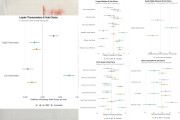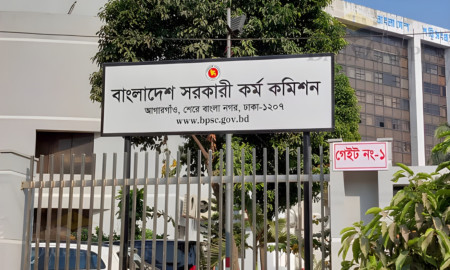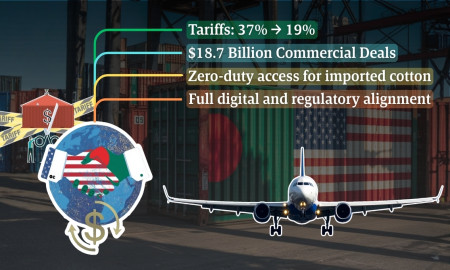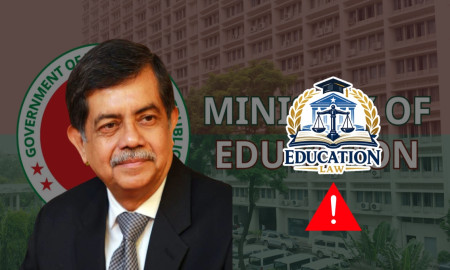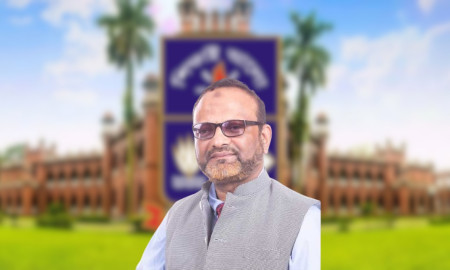Two Schools Allegedly Denied Nationalisation for Lacking ‘Sheikh’ Name
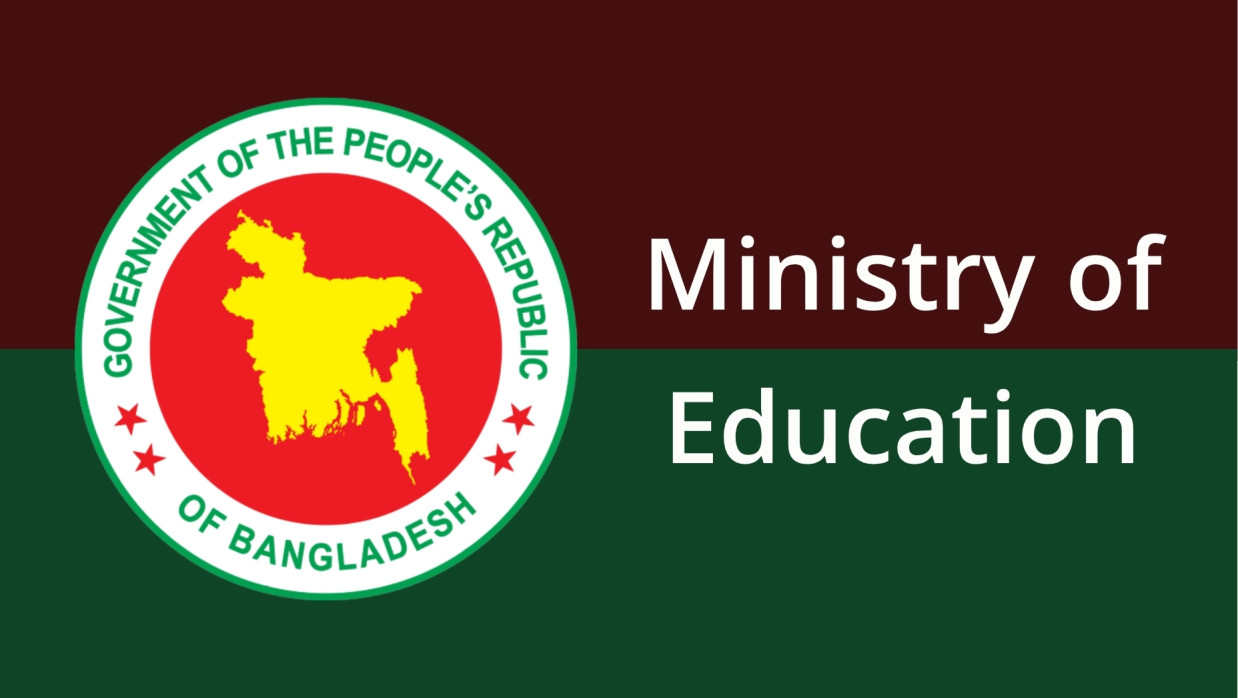
Despite meeting all criteria for nationalization, Rangunia Adarsha Pilot School and Banshkhali Adarsha High School have been excluded from the process, allegedly due to political vendetta and the absence of names linked to the Sheikh family, leaving teachers and staff deprived of benefits for years.
Stakeholders report that both schools fulfill requirements for land, infrastructure, student enrollment, faculty, and registration, with endorsements from upazila education offices, district administrations, and the Directorate of Secondary and Higher Education (DSHE). However, the lack of a Sheikh family name or strong political affiliations is cited as the reason for their exclusion. “Many newer institutions in the same upazilas have been nationalized solely because they bear Sheikh family names,” said Md. Abu Sayem, assistant head teacher of Rangunia Adarsha Pilot School. “Our school, established during British rule, was recommended as the top candidate for nationalization in 2015 by local education authorities, yet it was sidelined for a school named after Bangabandhu, causing widespread resentment.”
Ratan Chakraborty, acting head teacher of Banshkhali Adarsha High School, established in 1932, noted its historical significance, hosting speeches by figures like Maulana Bhasani, Sheikh Mujibur Rahman, Ziaur Rahman, Khaleda Zia, and Sheikh Hasina. “Despite being listed as a model school and meeting all criteria, political reasons have blocked our nationalization, forcing us to file a writ petition in the High Court,” he said.
Local head teachers and parents argue that this exclusion creates stark disparities in education. “These historic schools have educated thousands, yet political considerations deny them recognition, harming teachers and students alike,” they stated. Educationists and civil society representatives demand that nationalization prioritize institutional quality, contributions, and local needs over political affiliations to prevent further discrimination.
Md. Mizanur Rahman, Additional Secretary (Secondary-2) of the Ministry of Education, told The Daily Campus, “Nationalization is a policy-level decision. Discussions can proceed once the government decides, and the Education Adviser can provide better insight.”
Md. Delowar Hossain, General Secretary of the Central Committee of Nationalization-Deprived Model Institutions, expressed optimism: “We are engaging with government and ministry officials, hoping for a swift decision on the 27 deprived model institutions, including these two.”
The ongoing exclusion underscores concerns about political bias in educational policy, with calls for a merit-based approach to nationalization.

